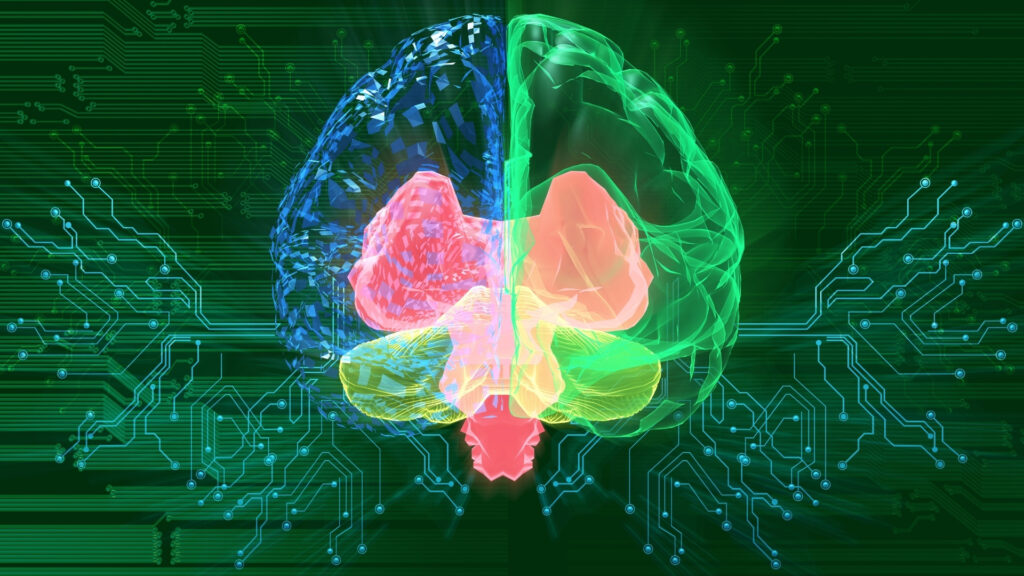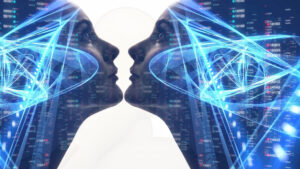The long-term process of brain development starts around two weeks after conception and lasts until early adulthood, which is about 20 years later. The first time a baby crawls or walks is a moment that most of us may have underestimated. But these are the development milestones that, as we now know, a baby’s mind is busy getting ready the infant to learn the skills they will need in the future.
Studies have shown that environment can change infants’ brains during their early years. Researchers studying the hippocampus, an extension of the temporal part of the cerebral cortex, found that the brain-part is involved in learning and memory. They also revealed that as infants get older and reach milestones such as walking or crawling, a part of their hippocampus called CA3 becomes increasingly active during these behaviors.
As the hippocampus is a crucial part of their brain for learning, memory, and other cognitive tasks, the early childhood brain activities of an infant predict their future abilities. Study findings on this could help us understand and properly deal with our children with any kind of problem due to improper stimulation at their young age.

The normal baby’s brain is about one-fourth the size of the average adult brain at birth. Interestingly, it grows double the size in the first year. By age 3, it reaches about 80% of adult size, and by age 5, it grows up to 90% (almost fully grown).
While it may appear that infants are helpless creatures that only blink, eat, cry, and sleep, University of Missouri researchers found in 2012 that “infant brains come equipped with knowledge of ‘intuitive physics.'”
It means that their primitive brains have a “built-in understanding” of the way objects in the world work.
In 2016, another study based on longitudinal studies performed a few decades earlier showed that the age a child achieved major milestones like standing or walking was a predictor of later child performance in memory.
“Our findings are consistent with those of longitudinal studies performed a few decades ago, showing that the age a child achieved major milestones like standing or walking was a predictor of later child performance in memory,” said Akhgar Ghassabian, a postdoctoral fellow at the National Institutes of Health and lead author of the study.
Those findings lend further evidence to the idea that development in infancy and toddlerhood are critical periods of brain development.
Researchers from John Hopkins University published their study in the Proceedings of the National Academy of Sciences in 2021, which was the first study to focus on pre-verbal babies.
The researchers found that if any magic tricks captivate your toddler and they can’t get enough of illusions and other fascinating antics, this could be a prediction of their future cognitive ability.
All the above research on infants’ brain activities agree with each other in that the activities of the brains of infants predict their future abilities.
Newborns have an innate understanding of how things interact in the environment. Their future lives will reveal the regularities and patterns they have formed by their interactions with the world around them.
Unable to speak or comprehend speech, they rely on what they see. They learn by watching, listening, and discovering.
Parents who watch their babies closely may find out that their ability to hear or see is somehow impaired later in life or perhaps has no adverse effect at all. This is one of the study findings which shows how important it is for a baby to have constant eye contact with its parents when it’s awake and cared for, especially when it’s asleep as well.
An infant’s brain activities generally predict their future abilities. And this whole process keeps on happening in a child’s brain from early childhood and not until after a child’s teenage years.
Remember the kind of brain that kids have? Spending too much time with them can make their brain develop better. Those tiny brains need much more attention from parents or teachers than what parents think.
- Does our brain run binary codes, hosts universes? - October 15, 2022
- Eye-lens software to give you a “super-human” vision? - September 28, 2022
- An infant’s brain activities predict future abilities - September 24, 2022



